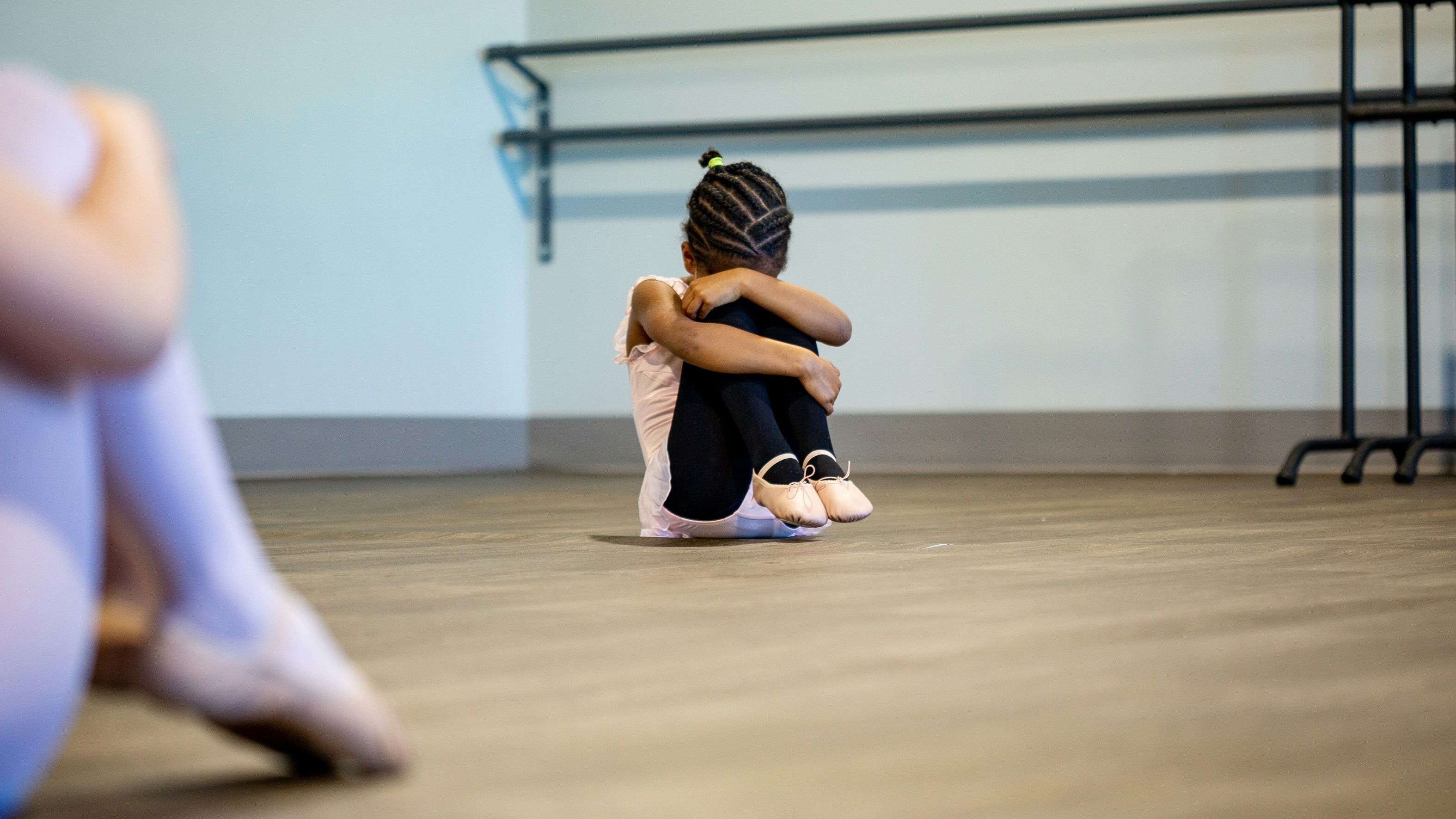From Confusion to Compassion: A Guide to OCD Family Support
Sep 30, 2025
OCD Family Support is not just a matter of being present, it is a matter of learning, adapting and collaborating with the struggling person. Although the individual undergoes therapy, and works on dealing with fears, the family serves as the center, keeping motivation on track, boundaries set, and hope alive.
The Problems that the Families go through
Families find themselves in this path quite confused. OCD can appear like perfectionism or unnecessary worry to them, and without the knowledge of the disorder, they can even complicate matters. Others attempt to calm the anxiety by reassuring their loved one again and again or taking part in rituals to get their anxiety under control. Other people might get frustrated and strive too hard to change.
The other significant obstacle is burnout. The presence of rituals or obsessive fears in the everyday life of a family will result in a feeling of entrapment, resentment, or even being overwhelmed. It is also guilt - the sense of being the cause of their loved one to struggle or do nothing about it.
Boundaries are not easy to control as well. Families ask themselves: When shall we intervene? When should we hold back? What is supportive and what is enabling? These questions demonstrate the importance of structured OCD family support.
What Successful Support Should Be
Families will become a formidable recovery force when they are coached in the right direction. Successful support tends to possess several major components.
Life Education and Communication
Families should be taught the true meaning of OCD, how obsessions and compulsions function and how some good-intentioned reactions exacerbate the symptoms. Understanding brings about empathy and less blame.
Slow Accommodation
The reduction of the ways family members contribute to rituals is one of the largest steps. They are also taught not to engage in the disorder, but withdraw gradually and cautiously so that the person can own the process of recovery.
Validation and Patience
The recovery of OCD is not rapid and easy. Family members who are capable of being patient, recognizing the distress, and validating the difficulty are generating a safe emotional environment that fosters advancement.
Open Communication
The manner in which families discuss OCD is important. Relaxing, non-judgmental dialogues on fears, goals, and failures have the power to reinforce confidence. It does matter to learn how to discuss the exposure exercises or relapse situations.
Integration with Treatment
There are superior results under the conditions that family support collaborates with professional therapy. Recovery is easier by involving families who attend sessions, do coaching and practice the strategies at home, and make recovery more sustainable.
The Role of the BFRB Program
Other people with OCD experience body-focused repetitive behaviors (BFRBs) such as hair pulling or skin picking. Such behaviors do not necessarily have the same fears which OCD is caused by, yet they can be accompanied by shame, stress, and secrets.
Tools are offered through a special BFRB Program. Families may be able to be a crucial part, having an eye on patterns, assist loved ones with tracking urges, and responding without judgment. Helping a BFRB can frequently involve managing to provide a caring environment, suggesting alternative coping mechanisms and giving gentle prompts when stress levels become overwhelming.
When both OCD and BFRBs are present, families will have to be taught how to distinguish between the two and change their support in response. This balance makes the loved ones feel that they are heard and not coerced.
OCD Family Support
Numerous individuals are depressed along with OCD. The burden of never-ending intrusive thoughts and tiresome rituals may result in sadness, loss of motivation, and hopelessness. This is where the Stop My Depression will be a necessity.
In the case of families, the incorporation of the Stop My Depression into their lives can help structure and find hope. It assists in forming habits that make the mood brighter, promotes the involvement of activities, and gives words that families can use to discuss their emotions without feeling ashamed. Families are able to support and positively motivate involvement in mood-enhancing activities, observe the emergence of low mood and assist their loved one in applying the tools at hand.
Recovery becomes more balanced when the depression is treated together with the OCD. It is not a family that is concerned with solely diminishing compulsions but rather enhancing overall well being.
The way Families Can begin to help
Support does not need to wait till things are all in place. Changes that are tangible and small can be made by families immediately.
Begin the discussion with a conversation about support. Rather than attempting to solve the problem, inquire of your loved one what sort of assistance is appropriate to them. This is an indication of cooperation and not dominion.
Select one of the rituals or accommodation to minimize progressively. As an illustration, when the reassurance is requested repeatedly, it is best to agree and reduce it gradually. It is easy to maintain small steps.
At the height of anxiety, you are not going to offer answers, just presence. Listening and demonstrating your faith in the loved one that they can overcome the fear can actually be more effective than attempting to solve the fear.
Plan when it is good to discuss OCD, and when not. Maintaining life balance with regular conversation, laughing, and doing things together serves as a reminder to each that OCD is not the entire story, it is merely a part of it.
And lastly, be sure to get your support. You are not a mere care-giver, you are a human being, too. Maintaining good health means that you are free to remain a constant stronghold.















